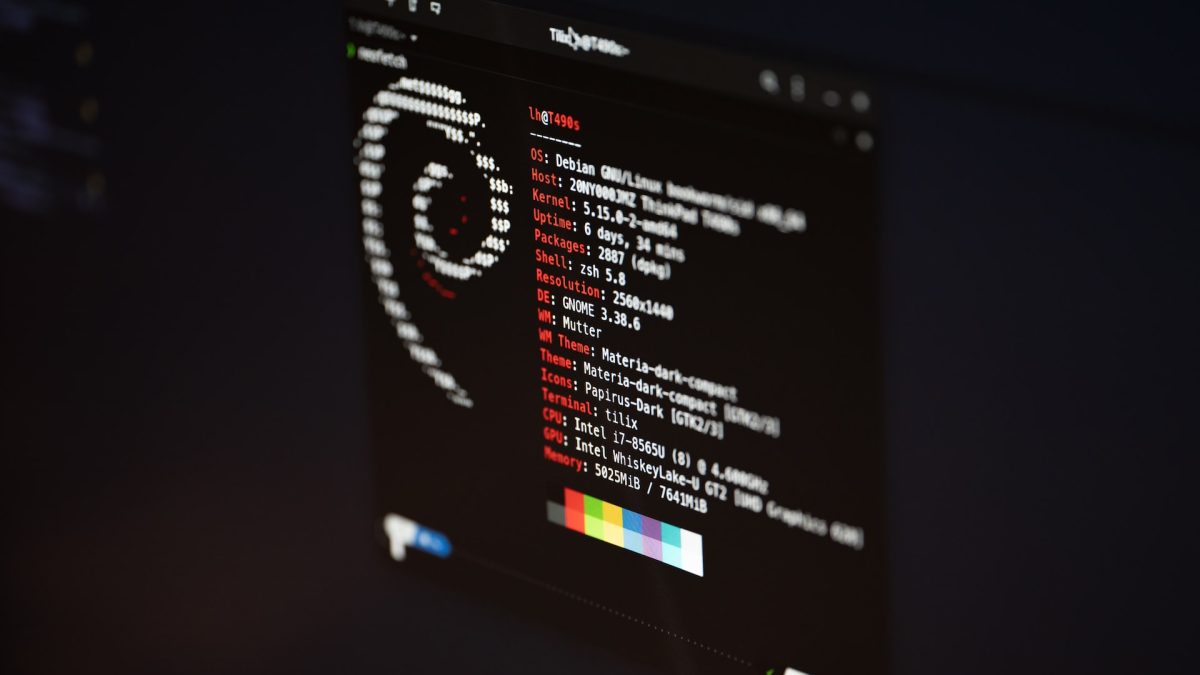Linux is like an older OS brother. Or it’s like a mysterious OS outcast. There’s hardly a tech head that hasn’t heard of this operating system. But only a minority could tell what Linux is really about. Moreover, the Internet has been spreading myths about Linux for decades.
You might think that Windows and macOS dominate the world. According to statistics, Linux receives a lousy 1.04% OS global market share. Android secures the top spot with 42.37%. Jokes on them if anyone discredits Linux because of this. In reality, Android is a Linux-based operating system based on the Linux kernel. Furthermore, most web servers run on Linux OS.
Because Linux is so widely used yet poorly understood, we decided to debunk a few myths about it. Below you will find 4 myths related to Linux usability and security.
1. Linux is Only for Software Developers
Historically Linux has been associated with software development. It still is closely related to software development. But since its release, it has received thousands of updates, including quality-of-life. For example, Ubuntu is an extremely user-friendly Linux distro with extensive cybersecurity features. Its desktop environment is not unlike the classical Windows or macOS views. It’s easy to adapt to.

Moreover, you don’t need to be worried about lacking Linux terminal knowledge. Distros like Ubuntu make it really easy, and you can copy command lines online. Here are two myths debunked in one!
2. Linux is Virus-Free
For quite some time, Linux enjoyed an “unhackable” tag. Firstly, every system can be hacked. Yet Linux makes it more challenging because of the concentrated focus on cybersecurity. Because of how Linux manages user privileges, it’s burdensome for malware to infect the whole system. At the same time, more people use macOS and Windows – more profitable targets. However, that does not mean the system is unhackable. It has its native threats, with more cross-platform infections appearing yearly.
Simultaneously, Linux is still susceptible to the most widespread cyber attacks. For example, if you click on a Phishing link and expose your private credentials, Linux will not protect you in any way.
The same applies to credential-stuffing attacks. Like any other OS, Linux requires additional software to provide such security. It’s best to use a Linux password manager and be mindful of email attachments to avoid any troubles. Linux is safer than other systems, but considering it virus-free is a dangerous misconception.
3. Linux Cannot Be Used for Gaming
Linux can be used for some video games. The availability is indeed limited. For example, most multiplayer video games will not work due to how Linux handles anti-cheat software. On the other hand, saying that you cannot play video games on Linux is a myth. There are Linux distros that are gaming-friendly.

Moreover, the Steam Play feature expands video game availability to Linux. There’s Doom and Quake there. What else do you need?
4. Linux Lacks Useful Apps
In reality, Linux lacks Windows or macOS apps. Remember, you are dealing with a different kind of OS. Indeed, many popular software releases don’t have Linux support. But that doesn’t mean there aren’t alternatives. Linux software developers provide just as many prestigious choices as other OS users enjoy. The basis for this myth is that they are lesser known.
Linux powers a lot of modern technology. NASA runs its supercomputers on Linux. A significant majority of web servers run on Linux. Samsung smart refrigerators run on Linux. It’s good for nutrition.
To summarize, Linux is more widely used than people think. Myths and rumors also surround it. If you feel like you had the wrong idea about this OS, maybe it’s time to try it out. Linux skills are in great demand!
Related posts
New Articles
What is the difference between FMWhatsApp and GBWhatsApp?
In the world of messaging apps, WhatsApp reigns supreme as one of the most popular platforms for connecting with friends…


